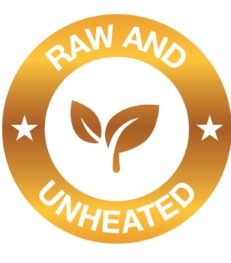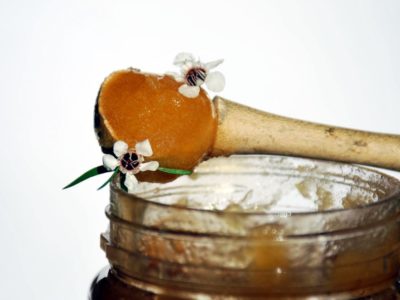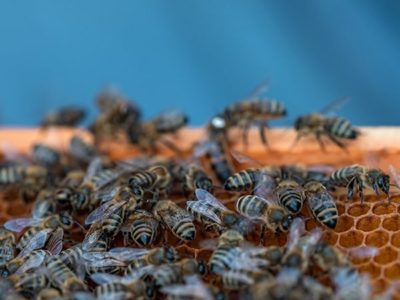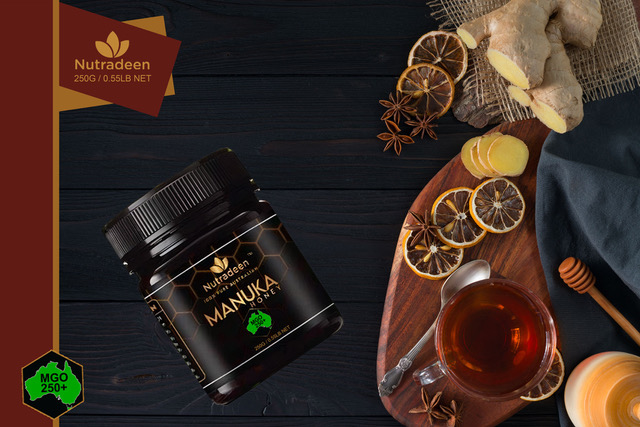Frequently Asked Questions
What is the Difference between Australian Manuka and New Zealand Manuka?
Manuka honey is produced by bees from the nectar of the Leptospermum bushes. The Leptospermums are native to Australia, with many endemic species found nowhere else in the world. Australia is home to 84 of the 87 known Leptospermum species worldwide, including the famed Leptospermum scoparium which is believed to have traveled to New Zealand from Australia sometime in the last 20 million years.
A recent 5-year study by the University of Technology, Sydney, Sydney University, and the University of Southern Cross, has found that the level of the major active ingredients in Manuka Honey in seven of the Australian Leptospermum species was comparable to or up to four percentage points higher than those observed in the UMF15+ comparator New Zealand Manuka Honey.

What are the health benefits of Manuka Honey?
Manuka Honey has been found to have significant efficacy for anti-microbial and anti-inflammatory treatment, including topically for antibiotic-resistant infections and burns treatment and orally for control of biofilms and thus dental diseases. Research is continuing into the use of manuka honey to treat gastric ulcers, relieving sinus inflammation, reducing swelling of the cornea after eye operations and relieving dry eye, treat cycstic fibrosis and other upper respiratory diseases, and manage irritable bowel syndrome.
Apart from these therapeutic benefits, Manuka Honey can help soothe skin (for example irritated or inflamed with acne or affected by eczema). and is may be used as a natural ingredient in face masks. It may be beneficial to your mouth, nose, and stomach and contains important amino acids, vitamins (C, D), and minerals (including Zinc). For these reasons many people use Manuka Honey to improve digestion, and help boost their immune system and energy levels.

What do the MGO strengths mean?
MGO (methylglyoxal) has been found to be the key to Manuka Honey. The level of MGO determines its antibacterial potency. While there are other measures (which can be equated to the MGO scale), MGO strength is thus the most significant factor for you to consider when buying Manuka Honey.
Anything above 100+ MGO is considered monofloral Manuka Honey. Anything under 85+ MGO is multi-floral Manuka Honey, meaning that it will contain the nectar from a variety of flowers or honey (such as Eucalyptus trees and other native plants).
UMF is an alternative way of measuring the potency of Manuka Honey. The following is a comparison table of strengths, along with some common applications of honey of each strength:
| MGO | UMF | Some Applications of Manuka honey |
| 30 MG0 | 2+ | It may be utilized as a substitute for other natural honey |
| 56 MG0 | 4 | |
| 85 – 115 MGO | 5+ to 6 | |
| 265 MGO | 10+ | High strength, including to treat sore throats and ease congestion |
| 515 MGO | 15+ | Anti-bacterial grade and used as an immunity booster, to reduce inflammation and tooth decay or address particular skincare needs |
| 830 MGO | 20+ | Super anti-bacterial grade, including for wound treatment and healing burns and ulcers |

Has the Manuka Honey been degraded through processing?
No. Our Manuka Honey is not pasteurized (heated) to the extent that it loses its therapeutic qualities. The honey is also not contaminated by any additives.

Why does manuka honey colour and texture vary?
Manuka honey is available either in liquid or in candied form. Manuka honey tends to have a higher viscosity and sometimes darker colour than ordinary honey. However liquid honey may also vary in colour and texture, depending on factors such as the region and climatic conditions of the Leptospermum plants from whence the bees collected their nectar. Colour and texture is not a marker of therapeutic strength, which is measured in terms of MGO.

Is Manuka Honey dangerous for anyone to consume?
Manuka honey is a rich and natural source of fructose and glucose. This is why it is sometimes used as a sugar substitute. People with diabetes should exercise the same caution consuming manuka honey as they would consuming any other honey or sugar. Similarly, if you are undertaking special medically supervised diets (eg FODMAP) we recommend that you discuss your consumption of honey with your doctor.
Children under the age of one are advised not to consume raw honey, even if it is manuka honey, to avoid any risk of botulism.
Pregnant women are advised to only consume the lower strength manuka, honey.
If you are allergic to bees or the pollen from which honey is made, we advise that you exercise caution in your consumption of honey.


